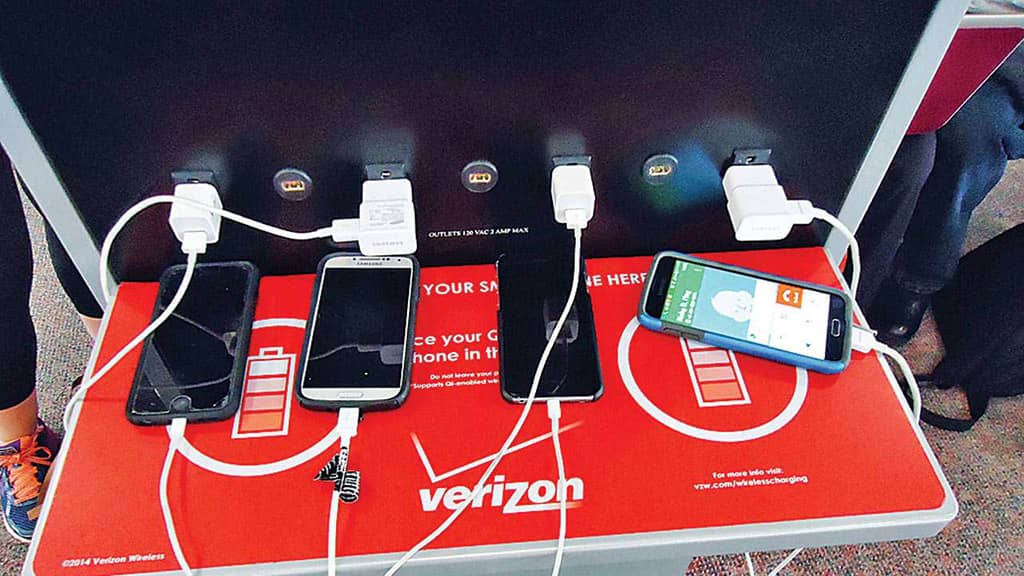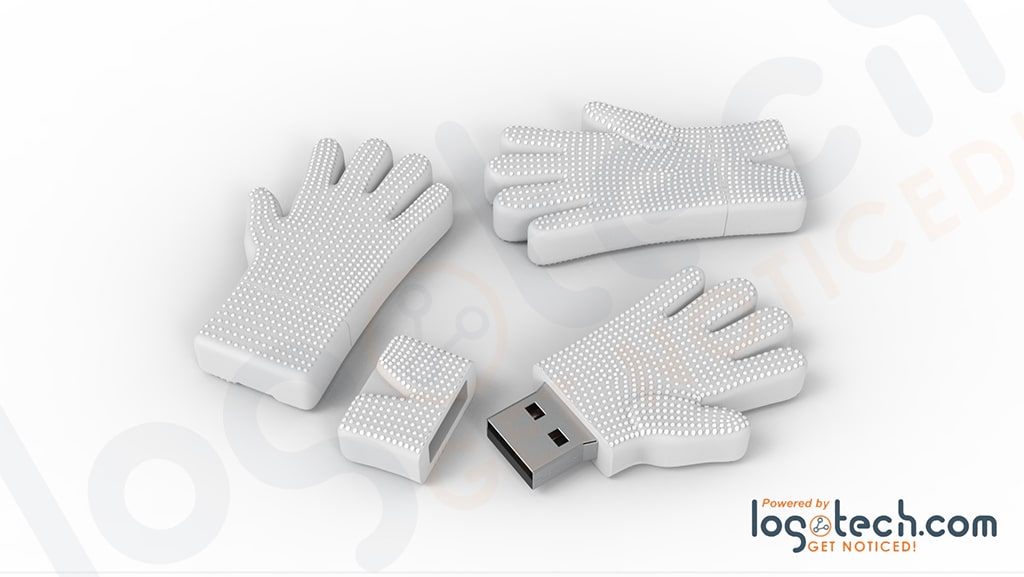
How to Keep Your Devices Safe when Going to a Conference
Nothing like attending a conference to stay on top of your field, network and get your bag full of promotional gifts. But being busy trying to go to all the presentations, discussions and panels can make you forget a device's safety. No, I am not talking about someone stealing them. I am talking about someone stealing from them. Our gadgets carry a lot of sensitive data, so here is how to protect yours next time you go to a conference.
Passcode your phone/tablet
Both Android and iOS devices have built-in lock screen options. Android offers more than one way to do it. There is a face recognition option or face and voice recognition combined. While that seems convenient, it is considered low security. An unlock pattern that you draw with your finger or a PIN is considered better. The highest possible security is, of course, setting a password. Just make sure it is a strong one.
iPhones can also be passlocked, but also have another feature worth looking into. If you consider your phone's data to be of a really sensitive nature, you can enable the Erase Data mode. If anyone tries to get into your device, but gets the password wrong 10 times, all stored data will be erased.
Get a mobile security app
When using a computer, you wouldn't think of surfing the web without an antivirus software, would you? Now you should adopt that rule for your smartphones and other mobile gadgets as well. Android devices have been shown to be more vulnerable to malware than iOS ones, but both can benefit from the extra security.
Avira, a free antivirus software which I personally prefer, has mobile security apps for Android and iOS. In addition to helping you stay malware-free, it optimizes your battery and storage. If your device is stolen or lost, the app can help you track it remotely through its web-based console.
Avast, another popular antivirus software, is also very popular with smartphone users. The Android version is a fully equipped mobile security app. iPhone owners can download the Avast Secureline, perfect for use in conferences as it blocks ads and offers malware protection when using public wi-fi networks. If you are going to conferences overseas, Avast! will let you browse websites that might be blocked in that country thanks to its variously located servers.
Get yourself a USB condom
A lot of conferences and public places now have charging stations. Convenient, but also pretty risky. What you might consider simply power coming to your device, might end up stealing your data and infesting you with malicious software. This could also happen if you are charging via a laptop that already has issues with malware.
A recent invention, wittily called a USB condom, is a handy USB security tool. It blocks only those connector pins which are responsible for data transfer, leaving only the ones that are used for charging. Even if you disable automatic data transfer mode, using one is wise because malware can still turn it on.

Protect your laptop
USB flash drives are often handed out at conferences. Sometimes people use them to store presentations. Other times, marketing representatives use them as promotional gifts. Either way, they can transfer malware and even be used to spy on you. On a recent G20 summit last month, Russia was accused of spying on delegates exactly through the use of USB flash drives. Fortunately, there are a number of software solutions to help you prevent that, so definitely install one.
Alternatively, if you are handing out branded or custom USB drives, take the extra step to assure attendees that yours are safe if you want to use them at all.








